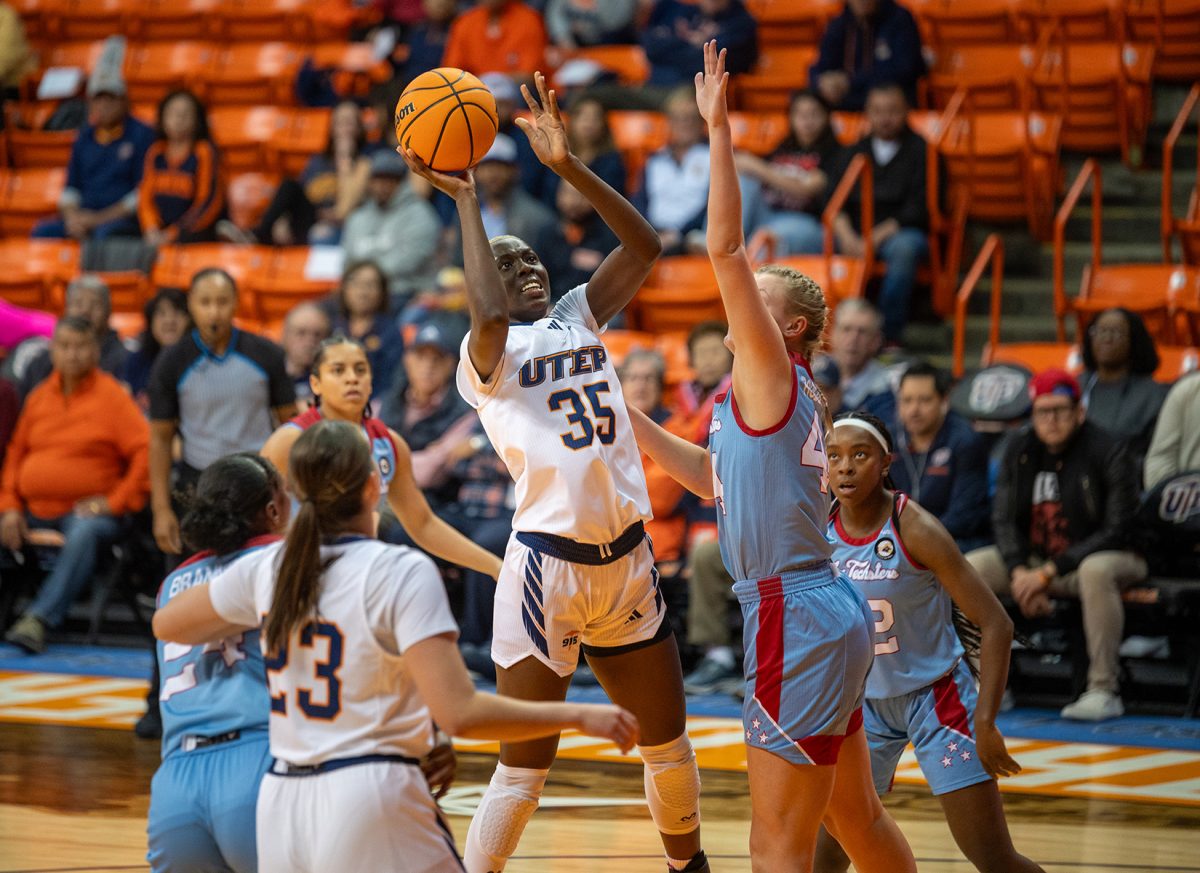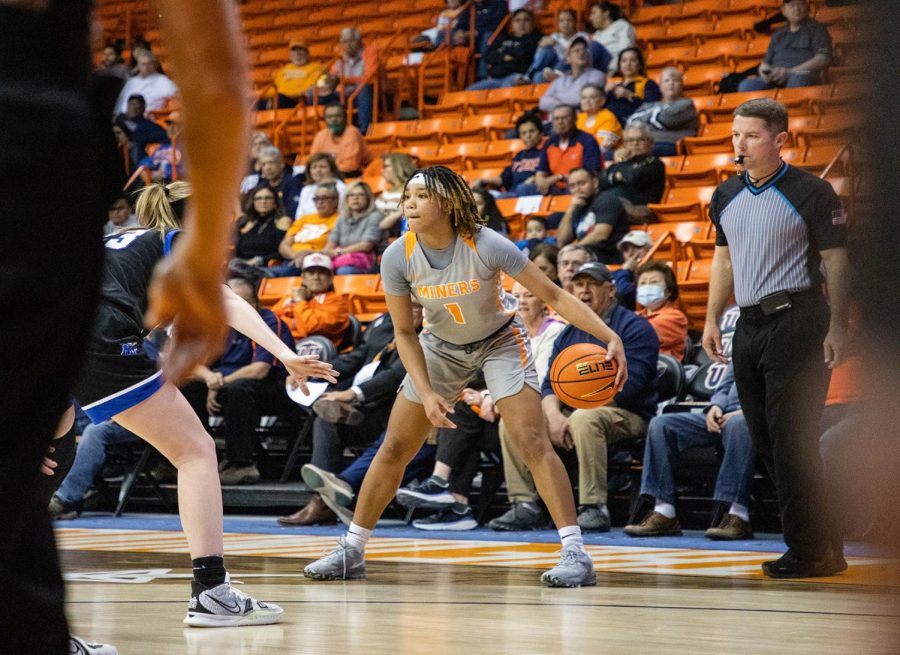What a week for CONCACAF, Mexico and referees. Controversy all over the place, but like I said just a couple of days ago when Mexico advanced to the semifinals in similar fashion—get over it.
Everybody and their mother is blowing this whole situation completely out of proportion.
The story lines after last night’s bizarre 120 minutes of play were that the fix was in and the Mexican player should have intentionally missed the penalty shots. Once again, like on Sunday, this is utterly absurd.
Whoever is saying he or she would have purposefully missed that penalty on that stage is lying through their teeth. But, what about fair play? Let’s be honest, soccer is anything but fair play—players are trying to get illegal advantages left and right, all throughout the game, from diving to pulling shirts.
Were the calls controversial? Yes. Does it happen all the time? Yes—it’s sports and we have seen much, much, oh so much worse than that, which transpired in Atlanta.
The red card given to Panama’s Luis Tejada was a red card, and I can argue that both penalty calls were correct, so then where is the fix?
First to Tejada. The man jumps in the air, not looking at the ball, with his arm completely extended and with the sole intention of making contact with his opponent. That is an aggression, it is a red card and that is the end of that story.
Should Mexico’s Carlos Vela have gotten sent off four minutes into the game too? Yes, but he didn’t. I don’t think the referee saw the action. In the replay, Vela clearly looks toward the ref, makes sure he is looking elsewhere and then elbows the Panamanian player. He simply got away with one—it happens, especially when bad officials are involved.
The penalties. The first one is the toughest one to call, but like the one called on Sunday in the semifinal against Costa Rica, it is not a clear-cut no-call.
After the Panamanian defender pokes the ball up while battling with a Mexican player, the Panamanian ends up in a very awkward position and the Mexican player will have a better shot at finding the poked ball. What the Panamanian did was to intentionally launch his body toward the ball, looking to prevent the Mexican from grabbing the rebound. Because he launched himself, he lands on the ball, his arm makes contact with the ball and therefore it should be called a hand ball. Easy.
The second penalty there is also contact, but the Mexican player exaggerated. Would I have liked to see it not called? Of course! But those are called on a daily basis, which is just the way the game is played now. If you don’t like it, I suggest you switch sports, except it kind of happens in most all other sports too.
The notion that CONCACAF would do anything to put Mexico in the Gold Cup final is valid. But, Mexico was not in the final of the tournament’s last edition. They lost to Panama, who would go on to lose to the U.S. And even though that squad from two years ago was Mexico’s B Team, we have seen that matters very little to the Mexican-American fan, who packs the stadium every time the Mexicans play on this side of the border.
The value of having Mexico in the final was as important two years ago as it is now, why was it not fixed then? Because the U.S. was already in the final? Please, CONCACAF can do without Klinsmann and his boys. It isn’t even close how much bigger the Mexican squad is economically for everybody involved.
Now if you want to tell me that this one was more important thinking forward to that playoff that will determine CONCACAF’s representative at the 2017 Confederations Cup, then you might have a point.
Still, like on Sunday, the referee’s decisions were not blatant at all. We have seen worse. And sometimes the simplest theory is the right one—the referee was just bad. CONCACAF has the worst officials in the world and we knew that coming into the tournament. He made some controversial calls, it helped determine the outcome of the game, it happens all the time in every sport—get over it.
Luis Gonzalez may be reached at [email protected].





